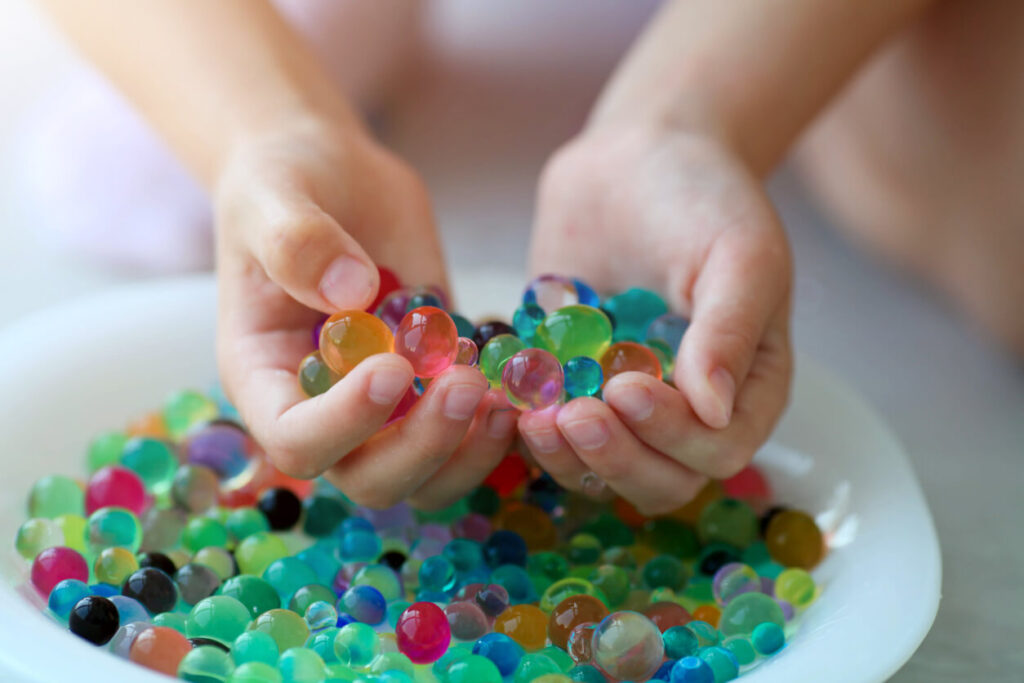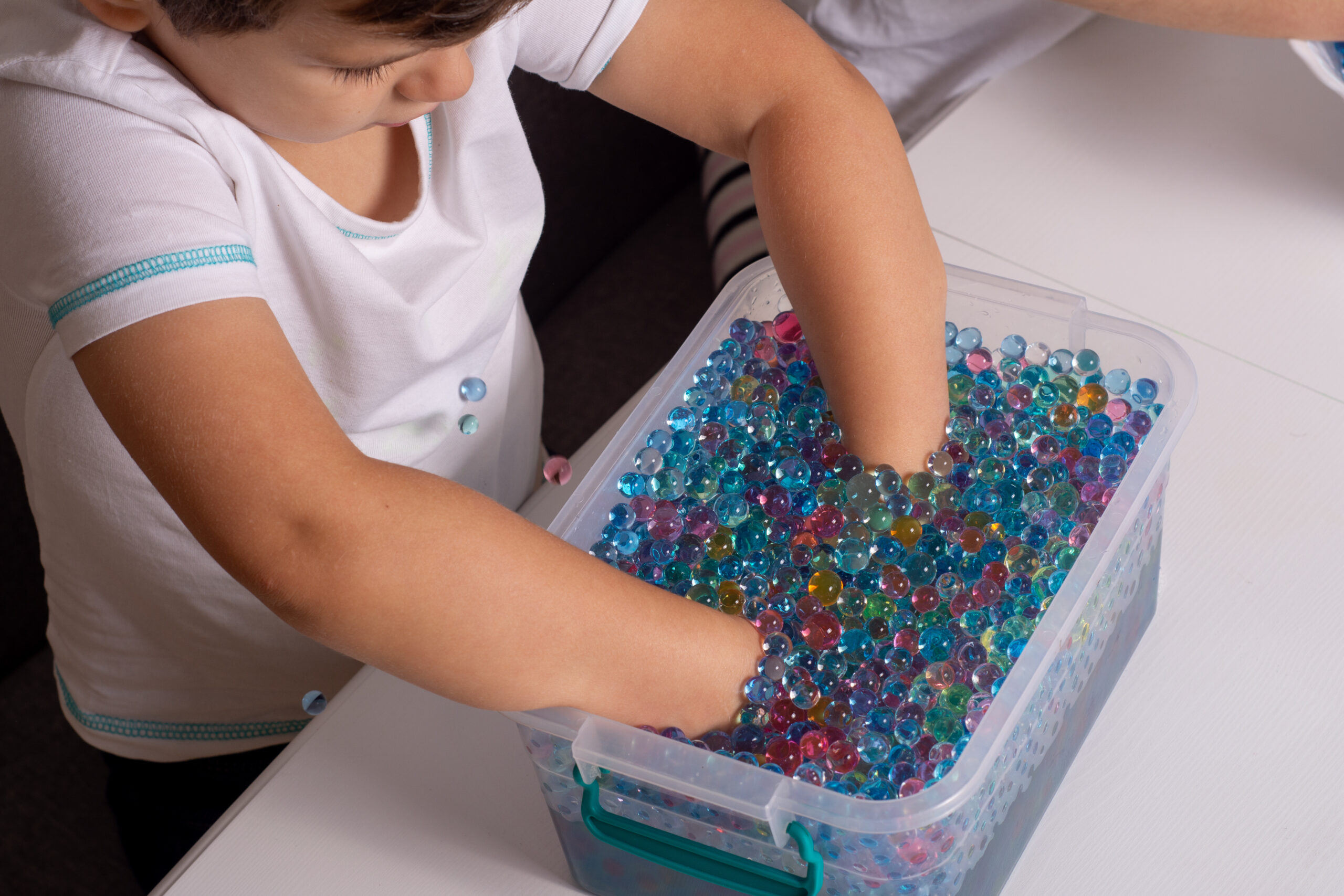The Consumer Product Safety Commission (CPSC) continues to underscore the significant and escalating health risks posed by water beads, particularly to young children. Despite numerous injury reports and safety alerts over the years, these absorbent polymer beads persist as a concerning hazard. Often marketed as colorful, sensory play items for kids, water beads can pose grave dangers due to their potential for ingestion and subsequent gastrointestinal blockages.
Between 2018 and 2022, the CPSC recorded nearly 7,000 incidents of water bead-related ingestion injuries treated in emergency rooms. Recently, the agency issued warnings regarding two specific products, Jangostor and Tuladuo, available on Amazon, due to their toxicity risks. These products were found to contain unsafe levels of acrylamide, a chemical compound classified as a probable human carcinogen. High exposure to acrylamide can also have detrimental effects on the nervous and reproductive systems.
Despite the warnings, the manufacturers, Jangostor and Tuladuo, both based in China, have not agreed to a satisfactory recall. The CPSC has been consistently issuing recalls and warnings about water beads for over a decade, prompting calls from concerned parents, advocacy groups, and lawmakers to ban their sale altogether.
Ashley Haugen, a mother from San Antonio, experienced firsthand the severe consequences of water bead ingestion when her daughter, Kipley, suffered significant health complications after ingesting the beads. Haugen has since become a vocal advocate for raising awareness about the dangers of water beads and has founded a nonprofit organization called “That Water Bead Lady” to support affected families and advocate for a ban on water bead sales.
Efforts to address the issue legislatively have also emerged, including the introduction of the Ban Water Beads Act by Rep. Frank Pallone Jr. in November. This bill aims to prohibit the sale of most water bead toys in response to the advocacy work of individuals like Haugen.

The CPSC stresses that if water beads are ingested and expand inside the body, they can lead to severe complications requiring medical intervention, including surgery. Additionally, water beads can pose risks when lodged in other orifices such as the nose or ears, potentially causing pain, blockage, or infection.
For parents seeking guidance on how to protect their children, recommendations from Healthychildren.org, supported by the American Academy of Pediatrics, include waiting until children are at least 3 years old before introducing water beads, supervising play with the beads, storing them securely away from young children, and using them only on hard surfaces under supervision.
However, Haugen emphasizes that even with these precautions, water beads still pose significant risks to children due to their size, mobility, and resemblance to candy. In her view, water beads should not be considered toys and should be avoided entirely for play purposes.
